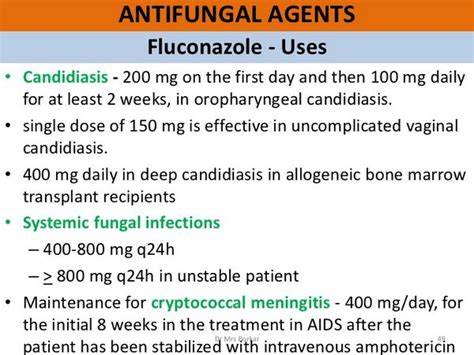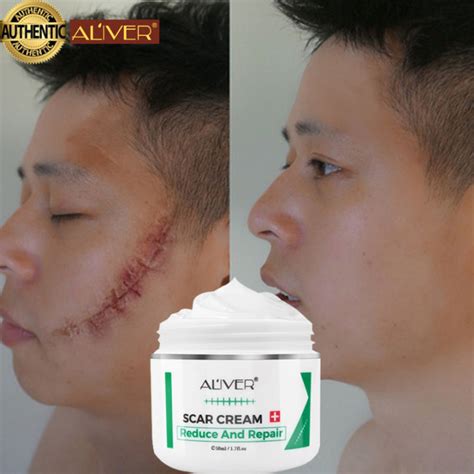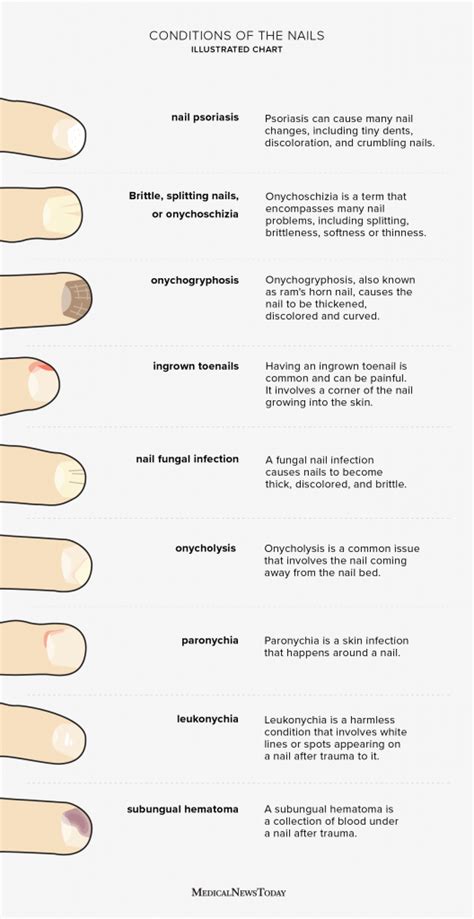The human body is a complex and resilient system, capable of adapting to a wide range of changes and challenges. One of the most significant adaptations it can make is recovering from the removal of an organ, such as the gallbladder. The gallbladder, a small, pear-shaped organ located under the liver, plays a crucial role in digestion, particularly in the breakdown and absorption of fats. However, when it becomes diseased or malfunctioning, surgical removal, known as cholecystectomy, may be necessary. The recovery process after such a surgery is multifaceted and involves various physiological, dietary, and lifestyle adjustments.
Immediate Post-Surgical Recovery
The immediate recovery period following gallbladder removal surgery is critical and typically occurs in a hospital setting. Patients are closely monitored for any signs of complications, such as infection, bleeding, or adverse reactions to anesthesia. The length of stay in the hospital can vary but usually ranges from a few hours for laparoscopic procedures to several days for open cholecystectomy. During this time, patients may experience slight pain, nausea, and discomfort, which are managed with medications.
Key Considerations in the Hospital:
- Pain Management: Effective pain control is essential for a smooth recovery. Patients should communicate openly with their healthcare providers about their pain levels.
- Diet: Initially, a liquid diet may be recommended, gradually transitioning to solid foods as the body allows. Avoiding fatty foods is often suggested to minimize strain on the digestive system.
- Mobility: Gentle movement and walking are encouraged to prevent blood clots and promote healing.
Lifestyle Adjustments at Home
Once discharged from the hospital, patients continue their recovery at home, where they must make several lifestyle adjustments to aid in their healing and adapt to life without a gallbladder. These adjustments include dietary changes, managing symptoms, and adapting to potential long-term effects of gallbladder removal.
Dietary Modifications:
- Low-Fat Diet: Initially, it’s advisable to limit fat intake to reduce the strain on the liver and the digestive system. However, it’s crucial to understand that completely avoiding fat is not necessary or healthy; rather, choosing the right kinds of fats (e.g., unsaturated fats) is important.
- Small, Frequent Meals: Eating smaller meals throughout the day can help manage digestion and reduce symptoms of discomfort or diarrhea, which some people may experience after gallbladder removal.
- Hydration: Drinking plenty of water is essential to help the body function properly and aid in digestion.
Symptom Management:
- Diarrhea: Some individuals may experience diarrhea due to the changed dynamics of bile release into the intestines. This can often be managed with diet adjustments, such as reducing fat intake, and, in some cases, medication.
- Bloating and Gas: These symptoms can be uncomfortable but are usually temporary. They can be managed through dietary choices and, if necessary, with the help of over-the-counter medications.
Long-Term Recovery and Adaptation
The long-term recovery from gallbladder removal focuses on adaptation and finding a new balance. Most people can return to their normal activities without significant long-term effects, but understanding and adapting to the body’s new digestive dynamics is crucial.
Key Long-Term Considerations:
- Bile Salts: Without a gallbladder, bile salts are not stored but continuously trickle into the intestines. This can affect fat digestion, particularly of fat-soluble vitamins (A, D, E, and K), which may require supplementation in some cases.
- Fiber Intake: Increasing dietary fiber can help manage bowel movements and soften stool, reducing the risk of constipation, which can sometimes occur after gallbladder surgery.
- Regular Follow-Up: Regular check-ins with healthcare providers are essential for monitoring recovery, addressing any concerns, and making necessary adjustments to diet or lifestyle.
FAQ Section
How long does it take to fully recover from gallbladder removal surgery?
+Recovery times can vary, but most people can return to their normal activities within a week or two after laparoscopic surgery and about 4-6 weeks after open surgery. However, full recovery and adaptation to the body's new digestive state may take several months.
Do I need to follow a special diet after gallbladder removal?
+Initially, it's recommended to follow a low-fat diet and eat small, frequent meals to help your body adjust. Over time, most people can return to a normal diet, but it's crucial to listen to your body and make adjustments based on how you feel after eating certain foods.
Can I experience any long-term effects after gallbladder removal?
+While most people do not experience significant long-term effects, some may notice changes in bowel movements, such as diarrhea, or difficulties with digesting fats. In rare cases, supplements may be needed for fat-soluble vitamins. Regular follow-up with a healthcare provider can help manage any long-term impacts.
How does gallbladder removal affect the absorption of nutrients?
+The removal of the gallbladder can affect the absorption of fats and fat-soluble vitamins (A, D, E, and K) because bile salts, which aid in fat digestion, are released continuously rather than being stored and released as needed. However, for most people, the body adapts, and significant nutritional deficiencies are rare.
Can I still eat fatty foods after gallbladder removal?
+While it's not necessary to completely avoid fatty foods, it's advisable to limit them, especially in the initial recovery period. The key is choosing the right types of fats (unsaturated) and being mindful of portion sizes to avoid discomfort or digestive issues.
Conclusion
Recovery after gallbladder removal is a dynamic process that involves immediate post-surgical care, lifestyle adjustments at home, and long-term adaptation to the body’s new digestive state. By understanding the physiological changes that occur without a gallbladder, making appropriate dietary adjustments, and staying in close communication with healthcare providers, individuals can navigate their recovery smoothly and lead active, healthy lives. The journey to full recovery requires patience, awareness, and a willingness to adapt, but the outcome for most people is a return to normal living with minimal long-term effects.



